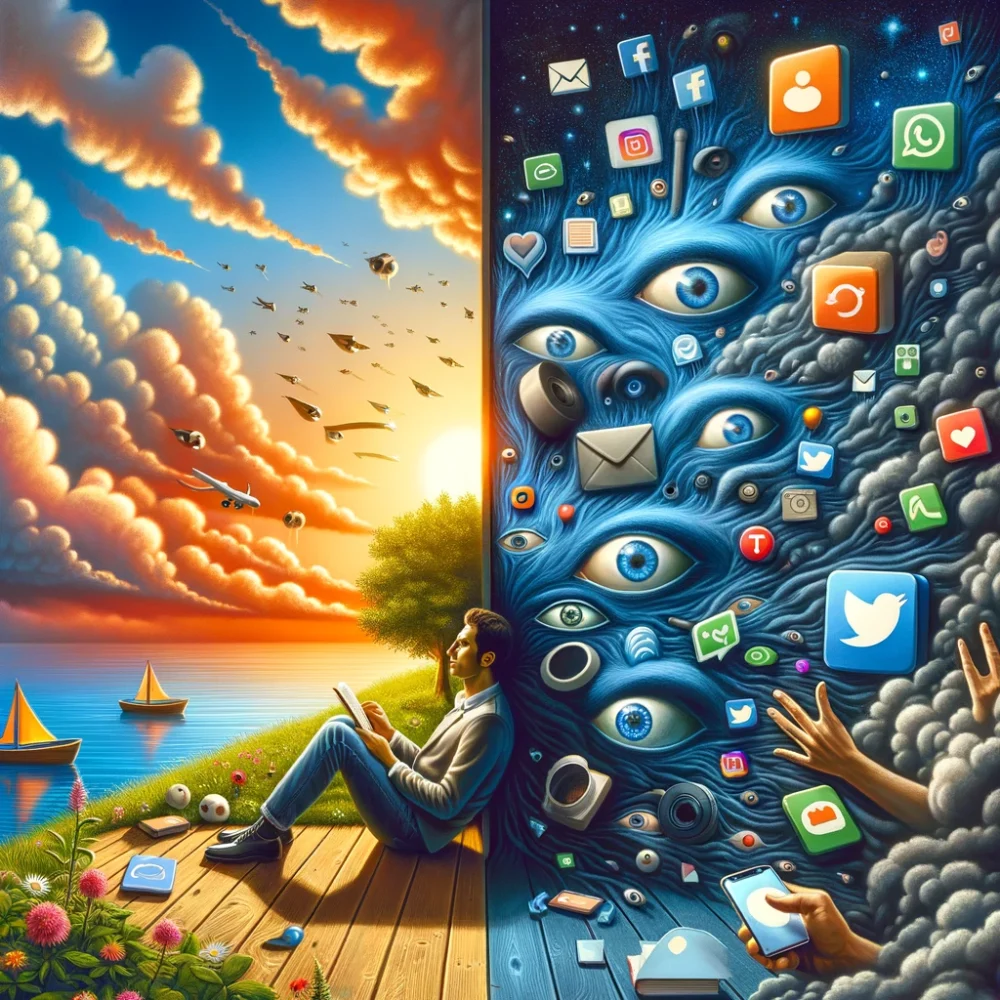Social connections

One of the joys of reading the news is the occasional opportunity for disparate articles to end up explaining one another.
Ernie Smith’s Tedium yesterday was about Facebook’s new project to ask users to consent to a new feature called ‘link history’. This appears to be a feature built solely to give users a unobjectionable justification for Facebook to continue to collect data which is primarily used for advertising.
Ernie linked to a Gizmodo article by Thomas Germain which said:
When you click on a link in the Facebook or Instagram apps, the website loads in a special browser built into the app, rather than your phone’s default browser. In 2022, privacy researcher Felix Krause found that Meta injects special “keylogging” JavaScript onto the website you’re visiting that allows the company to monitor everything you type and tap on, including passwords. Other apps including TikTok do the same thing.
I find it astonishing that Facebook is harvesting people’s passwords for other services, and yet this is neither major news nor has prompted a mass exodus from the platform.
Yet, I often hear people discussing with certainty the conspiracy theory that Facebook covertly analyses continuous audio recorded from people’s phones to target advertising. Confirmation bias provides ‘evidence’ for people. It’s essentially nonsense, but it’s accepted as fact by many people.
So… what’s going on here? Why would people choose to keep using a service that violates their security and which they believe to spy on them? Why are so many people still active users?
In Platformer, Casey Newton shared a link to an article by Hannah Devlin in The Guardian which answers those questions:
Almost half of British teenagers say they feel addicted to social media … The finding, from the Millennium Cohort study, adds to evidence that many people feel they have lost control over their use of digital interactive media.
People feeling addicted to products which don’t have their best interests at heart is a depressing situation, though I guess it’s a common one.
I quit social media in 2020, for no better reason than noticing that my mood after opening the apps was typically worse than my mood when logging on. I can’t claim that I’ve become a new person, reclaimed hours of time, or cast off any psychological shackles. But I can say, without a scintilla of doubt, that I don’t miss it at all.
The image at the top of this post was generated by DALL·E 3.
This post was filed under: Technology, Casey Newton, Ernie Smith, Facebook, Gizmodo, Hannah Devlin, Platformer, Social Media, Tedium, The Guardian, Thomas Germaine.